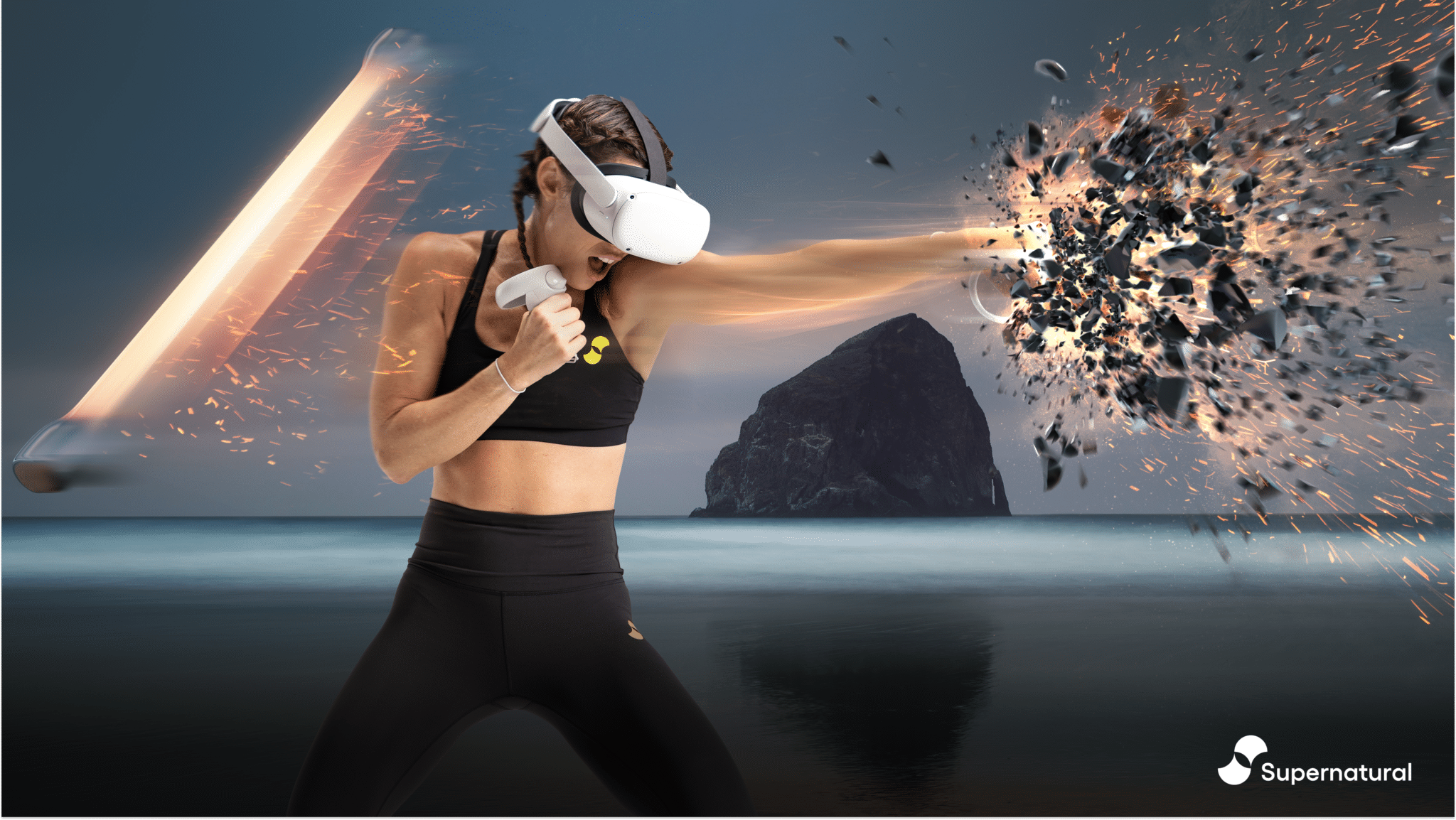
Avatar's in Meta's nascent metaverse will be able to buy "clothes" from fashion brands including Balenciaga and Prada in a digital clothing store, CEO Mark Zuckerberg has revealed -- at between $2.99 to $8.99 -- as the company continues to push Avatar use to link user identity across Facebook, Instagram and other Meta offerings.
Meta estimates that some 2.9 billion people use at least one of its family of apps on a daily basis.
While the ability to purchase "skins" in games or even premium additional bling for avatars on platforms like Reddit is well established, fashion brands stepping forwards to participate in such marketplaces is less usual.
The move comes amid some near-term Metaverse monetisation pressures from investors. The company anticipates 2022's total expenses to hit $87-92 billion, including spending on its AR/VR-centric "Reality Labs".
Meta's Project Cambria enterprise headset aims to "replace your laptop"
Whilst Meta's metaverse push has been somewhat consumer-facing, Zuckerberg said on the company's April earnings call that Meta is working on a "higher-end [VR] headset code-named Project Cambria "which will be more focused on work use cases and eventually replacing your laptop or work setup...
"This premium device will have improved ergonomics and full color pass-through mixed reality to seamlessly blend virtual reality with the physical world. We're also building in eye tracking and face tracking, so that your avatar can make eye contact and facial expressions, which dramatically improves your sense of presence."
(Meta's current metaverse/VR headset, the Meta Quest 2 is powered by Qualcomm's Snapdragon XR2 platform -- the chipmakers' dedicated play, replete with SDKs, for AR/VR offerings like the Metaverse.)
Pressed by investors on Meta's spending on the Metaverse including hardware like the pending Project Cambria enterprise headset, Zuckerberg said in April: "I think that the cycle here between investment and meaningful enough revenue growth to be near or very profitable is going to be long... we're now basically funding product teams to be building our future products, two or three versions into the future... these are multi-year plans."
He added: "It's not going to be until those products really hit the market and scale in a meaningful way and this market ends up being big that this will be a big revenue or profit contributor to the business.
"Primarily, this is laying the groundwork for what I expect to be a very exciting 2030s."

The company has been driving users to its nascent metaverse community through "Horizon" -- a VR world accessed through its Quest headsets. Zuckberg noted in April that "we plan to launch a web version of Horizon later this year that will make it easy for people to step into the Metaverse experiences from a lot more platforms, even without needing a headset. I think the best experience will be on virtual and eventually, augmented reality platforms [in Quest] in an upcoming release, from the moment you put on your headset, you're going to be embodied with your Meta avatar and ready to interact in a horizon with your friends right from your Quest home. But making this available everywhere will mean that you can interact with anyone on whatever devices or platform."
Underpinning all of this, of course, is personalised advertising and Meta continues to push its "conversions API" as a connection between partner marketing data and Meta as it continues to also push businesses to connect directly with customers through its platform through products like click-to-message ads -- already a multibillion-dollar business. Meta touts the example of Deichmann, Europe's largest footwear retailer, which has built a "fully automated virtual shoe assistant to give customers personalized footwear recommendations and promoted it through Click-to-Messenger ads on Facebook" which it claims saw an 85% click-through rate."
